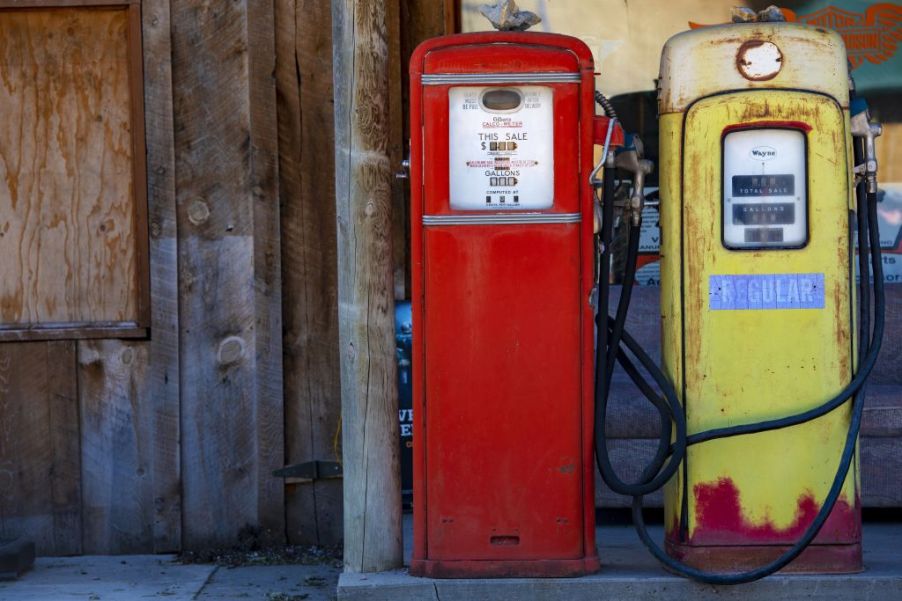
What Does The Octane Rating of Gas Really Mean
The habitual notion of pumping gas into your car is so common and mundane we typically continue to do so without thinking. If you have ever found yourself staring at those big numbers plastered to the buttons of the pump or wondering why it seems to costs so much more just to buy certain kinds of gas, you may have also wondered what the big difference between the octane ratings is.
Octane Rating
The octane rating of gas is labeled by the two-digit number on the pump. You typically understand what type of cars take higher octane, such as European luxury cars including Audi and BMW, and what cars run fine on lower octane. While these are generally accepted rules of car ownership, it doesn’t really help us to understand what the different octane ratings refer to, and if it really makes that big of a difference within our car.
In a standard internal combustion motor, a mix of fuel and air is injected into the cylinder, and spark plugs ignite the mixture at the end of the compression stroke. The octane rating of the fuel helps us to understand how precisely this reaction will take place.

High Octane
While higher octanes are more beneficial for high-performance motors, this isn’t necessarily true for diesel motors. The higher a gas’s octane level is, the harder it is for the gas to ignite.
The gas being more difficult to ignite isn’t necessarily a bad thing. You can imagine the process pretty much as whether you want an explosion to be as controlled as possible or not. If that sounds like too much technical jargon, think of it like this: If you were watching each and every stroke of your motor compress and essentially explode, would you find yourself asking a friend to hold your beer, or would you be observing a beautiful firework show? It seems like a drastic comparison, but it isn’t always that far off.
When it comes to owning a higher performance car, the timing and movement of each spark is more critical than it is in a more standard motor. This means that having a higher octane is more important. Remember, higher octane = more controlled ignition.

Lower Octane
Using lower octane gas isn’t necessarily a bad thing, so before you start smashing that 93 button at the gas station next time you need to refuel your Nissan Sentra, remember that car manufacturers design their motors and understand what gas works best. You are safe to follow their recommendation. There is no real benefit to using a higher octane than your car requires – and no, you don’t get better gas mileage from using a higher octane than needed.
Using a lower octane in a car that requires higher octane, on the other hand, can lead to problems with premature ignition. Premature ignition can cause knocking, ticking, or other problems within the motor and the difference between the pricing is still way less than the price of a whole new motor.
The choice of higher octane or lower octane is truly dependent on each and every car, so it is important to follow the instructions inside your fuel cap door and ensure you are using the best type of gas possible for your specific motor.


